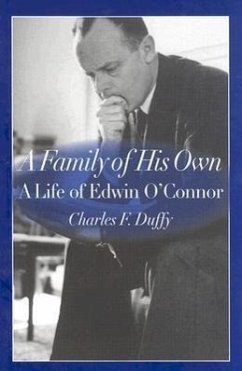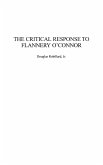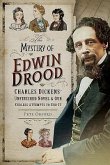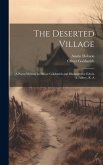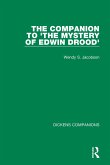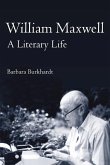When The Last Hurrah was published in 1956, the obscure Edwin O'Connor (1918-1968) gained sudden wealth and fame with his elegiac novel about a veteran political campaigner. Six years later O'Connor's intimate portrait of a recovered alcoholic priest in The Edge of Sadness won a Pulitzer Prize. The different worlds of these two novels highlight a striking contrast in their author. O'Connor was a witty, affable man with many devoted friends, from a president to street eccentrics. yet, he was an intensely private man. For this biography, the first to be written of Edwin O'Connor, Charles F. Duffy interviewed O'Connor's family, friends, and associates. He also investigated O'Connor's worlds in Rhode Island, Notre Dame, Boston, Dublin, and Wellfleet. In addition, he makes the most extensive use to date of the Edwin O'Connor Papers, a valuable collection containing many unpublished works. A Family of His Own covers O'Connor's comfortable upbringing in Rhode Island, his formation at Notre Dame, his obscure years in radio and the Coast Guard during World War II, his adoption of Boston, his long association with his publishers at Atlantic Monthly and Little, Brown and Company, his toil in journalism and television reviewing, his several so journs in Ireland, and his extraordinary dedication to his craft while living close to poverty. For the years after The Last Hurrah. Duffy examines O'Connor's handling of newfound wealth and celebrity, his growing loneliness, the surprise and fulfillment of a late marriage, his failure on Broadway, and his return to fiction. Throughout his writing O'Connor's major subject was the family, especially the gains, losses, and conflicts within assimilated IrishAmerica. Duffy examines the complex ways by which O'Connor's own experience of family and friendship formed essential patterns in his works.
Hinweis: Dieser Artikel kann nur an eine deutsche Lieferadresse ausgeliefert werden.
Hinweis: Dieser Artikel kann nur an eine deutsche Lieferadresse ausgeliefert werden.

